Assessing Thesis Conclusions by their Goal Connectedness, Judgment and Speculation
Palabras clave:
natural language processing, educational data mining, automated text evaluation, goal connectedness, thesis assessmentResumen
Writing a thesis involves complying with certain requirements and rules established by institutional guides of universities. Students have guidelines to follow when developing their first draft, being insufficient to obtain a good document. This study seeks to help the students improve their first writings, based on natural language processing techniques. We focus primarily on the conclusions section of a thesis, a central element when finishing the research. In this paper, we present a conclusion analyzer that includes three models: goal connectedness, judgment and speculation. Such subsystems try to take care of main expected features in conclusions, specifically the connectedness with the general objective, the evidence of value judgments, and the presence of future work as a result of the student reflection. The study provides initial models, internal exploration of conclusions, and evaluations of our approach. We found in the three features evaluated that graduate level student’s texts outperformed those of undergraduate level. This behavior provides evidence that students with more practice writing a scientific paper or thesis (graduate level), possess better writing skills.Descargas
Archivos adicionales
Publicado
2020-12-01
Cómo citar
González-López, S., & López López, A. (2020). Assessing Thesis Conclusions by their Goal Connectedness, Judgment and Speculation. Revista Signos. Estudios De Lingüística, 53(104). Recuperado a partir de https://revistasignos.cl/index.php/signos/article/view/262
Número
Sección
Artículos
Licencia
Aquellos autores que tengan publicaciones con esta revista, aceptan los términos siguientes:
- Los autores conservarán sus derechos de autor y garantizarán a la revista el derecho de primera publicación de su obra por medio de este documento de cesión de derechos de autoría, el cuál estará simultáneamente sujeto a la licencia de reconocimiento de Creative Commons que permite a terceros compartir la obra siempre que se indique su autor y su primera publicación esta revista.
- Los autores podrán adoptar otros acuerdos de licencia no exclusiva de distribución de la versión de la obra publicada (p. ej.: depositarla en un repositorio institucional o publicarla en un volumen monográfico) siempre que se indique la publicación inicial en esta revista.
- Se permite y recomienda a los autores difundir su obra a través de Internet (p. ej.: en publicaciones institucionales o en su página web) antes y durante el proceso de envío, lo cual puede producir intercambios interesantes y aumentar las citas de la obra publicada. (Véase el efecto del acceso abierto).










